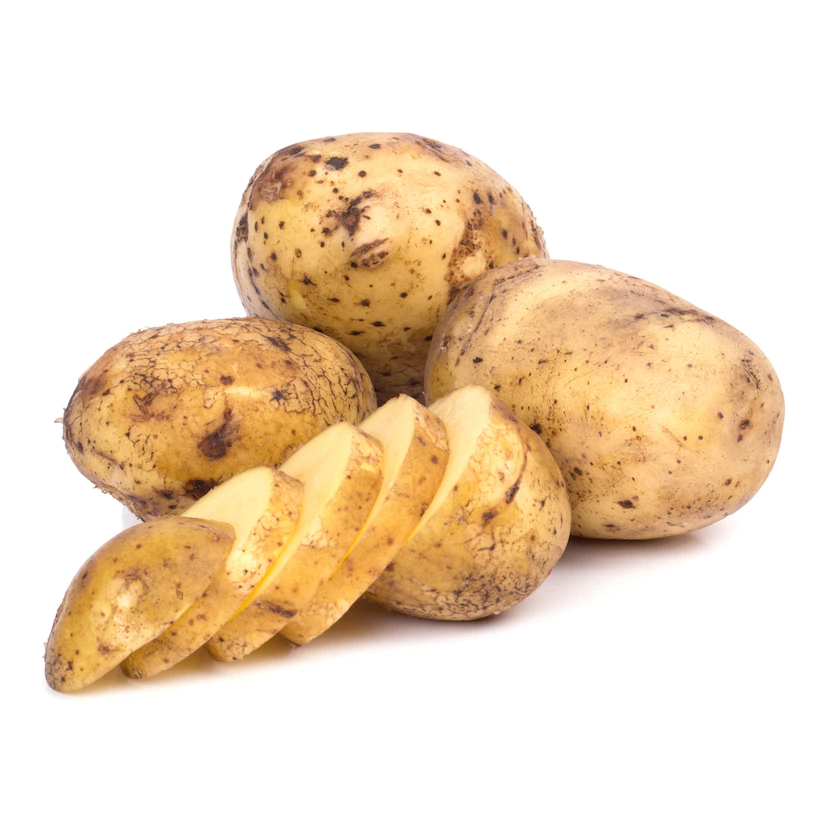Potatoes are indeed a versatile and profitable crop in South African farming. They are one of the most widely grown and consumed crops globally, and South Africa is no exception. Here are some reasons why potatoes are considered versatile and profitable in South African agriculture:
- High Demand: Potatoes have a high demand in South Africa due to their versatility in culinary applications. They are a staple food for many households and are used in various dishes, such as mashed potatoes, fries, stews, and soups. This consistent demand ensures a stable market for potato farmers.
- Climate Suitability: South Africa has diverse agro-climatic regions, and many of these regions provide suitable conditions for potato cultivation. Potatoes can be grown in different parts of the country, including the Western Cape, Limpopo, Mpumalanga, Free State, and KwaZulu-Natal. This allows farmers to select the regions with optimal climate and soil conditions for potato production.
- High Yield Potential: Potatoes have a relatively high yield potential compared to other crops. With proper cultivation practices and management, farmers can achieve good yields per hectare. This helps in maximizing profitability and return on investment.
- Multiple Market Channels: Potatoes can be sold through various market channels, including fresh produce markets, supermarkets, processing companies, and export markets. This diversification of market channels provides opportunities for farmers to explore different avenues for selling their produce and negotiate better prices.
- Value-Added Opportunities: Besides selling fresh potatoes, there are several value-added opportunities in potato processing. Farmers can process potatoes into chips, crisps, frozen products, and other potato-based snacks. These value-added products have a higher profit margin compared to fresh potatoes and can enhance the overall profitability of potato farming operations.
- Crop Rotation and Soil Health: Potatoes are often used in crop rotation systems due to their positive impact on soil health. Growing potatoes in rotation with other crops helps break pest and disease cycles, improves soil structure, and enhances nutrient availability. This can lead to long-term profitability by reducing input costs and improving overall farm productivity.
- Government Support: The South African government provides support and incentives to the agricultural sector, including potato farmers. This support can come in the form of subsidies, grants, training programs, and access to finance. Taking advantage of these government initiatives can contribute to the profitability of potato farming operations.
However, it’s important to note that potato farming, like any agricultural venture, comes with its challenges. These challenges include pest and disease management, fluctuating market prices, climate variability, and access to reliable irrigation water. Successful potato farming requires proper planning, efficient production practices, market research, and continuous monitoring to ensure profitability.
Join 'Farmers Mag' WhatsApp Channel
Get the latest Farming news and tips delivered straight to your WhatsApp
CLICK HERE TO JOIN






